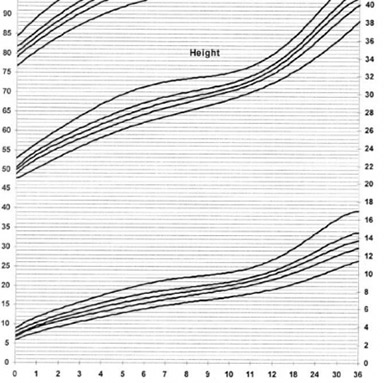So by 9 to 10 weeks of pregnancy, you can hear the heartbeat of the embryo when an ultrasound is done on you. It could be beating very fast at 170 beats /minute. It can be heard by the handheld doppler which amplifies the sound.
The Doctor checks for any abnormalities in the heart (congenital heart defects) in the second ultrasound done usually during the second trimester around the 20th week. Because the baby’s heartbeat is faint until 20 weeks or so, you may not be able to hear it with a regular stethoscope. A special stethoscope called fetoscope is used, but even this works well only when the pregnancy is 15 to 16 weeks. Sometimes it is difficult for the doctor to hear the baby as it can keep moving. but as the baby grows and the heart rhythm gets established around the 22nd week when the brain begins to control the heartbeat, you may be able to hear with the stethoscope.
So how do you play a role in making sure your baby’s heart is developing well?
There are some things which are not under your control like the genetic defects or the chromosomal abnormalities which can occur in the baby. But by taking certain precautions you can minimize the risk of a heart disease in your baby.
- Taking folic acid and prenatal vitamins before and during pregnancy.
- Quit smoking
- Control your intake of sugar if you have gestational diabetes and maintain a nutritious diet
- Avoid alcohol
There are cases where the baby can have congenital anomalies in spite of utmost care taken by the mother. These could be due to genetic disorders or chromosomal aberrations.
[quix id='8' name='About our Pregnancy Blogs and Videos']






